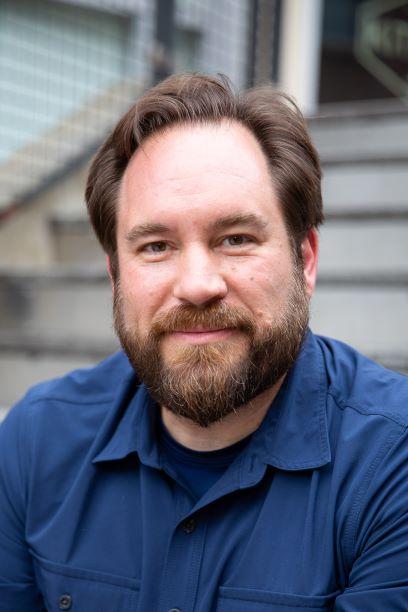There are hundreds of minor earthquakes each year in the New Madrid Seismic Zone (NMSZ), but most of them are too small for people living in the area to feel. While several major earthquakes — magnitude 7.0 or greater — occurred between 1811-1812 in the NMSZ, none have happened since then, creating a knowledge gap in earthquake preparedness among people now residing in that area of Missouri, according to researchers at the University of Missouri.
That lack of preparedness could exacerbate damages for those residents in the event of a large earthquake, said Brian Houston, director of the MU Disaster and Community Crisis Center (DCC).
Houston, who is also a professor and chair of the Department of Communication and the Department of Public Health at MU, recently co-authored a report in collaboration with the National Association of Insurance Commissioners (NAIC) that identifies a gap in earthquake insurance among the residents of the New Madrid region of Missouri, which includes the Missouri Bootheel. The Missouri Department of Commerce and Insurance (DCI) also contributed to the report.
While the report focuses specifically on earthquake insurance coverage protection, or lack thereof, in the New Madrid region of Missouri, the project provided the first viable opportunity for the DCC to collect data about the state of emergency and disaster preparedness among residents living in that region. Houston said the data will be useful for state agencies like the Missouri State Emergency Management Agency and the Missouri DCI as they work to encourage residents to be better prepared for disasters. It also will help in educating communities about what actions or steps need to be taken beforehand through events like the Missouri DCI’s annual information campaign during earthquake preparedness month every February.
